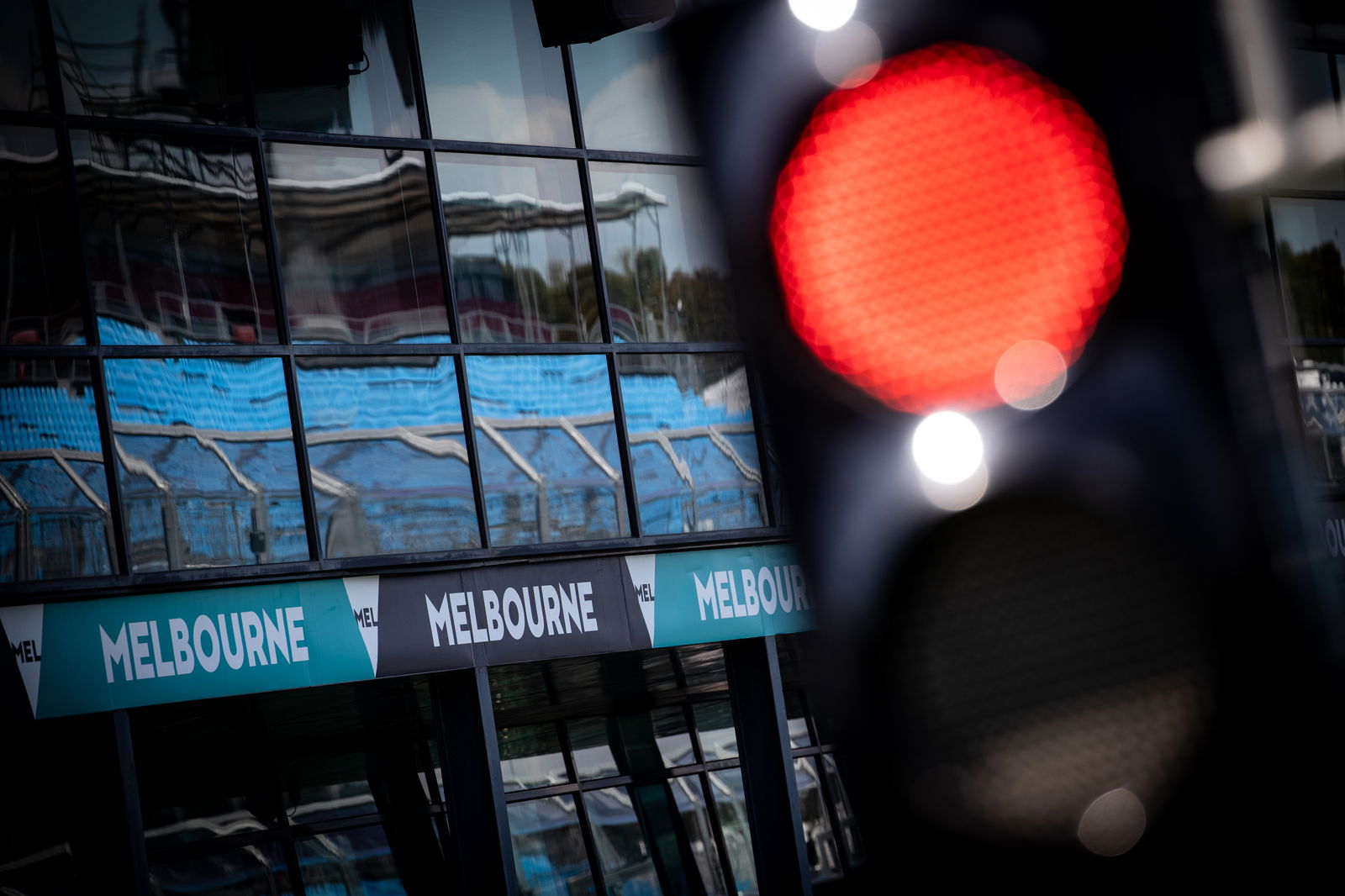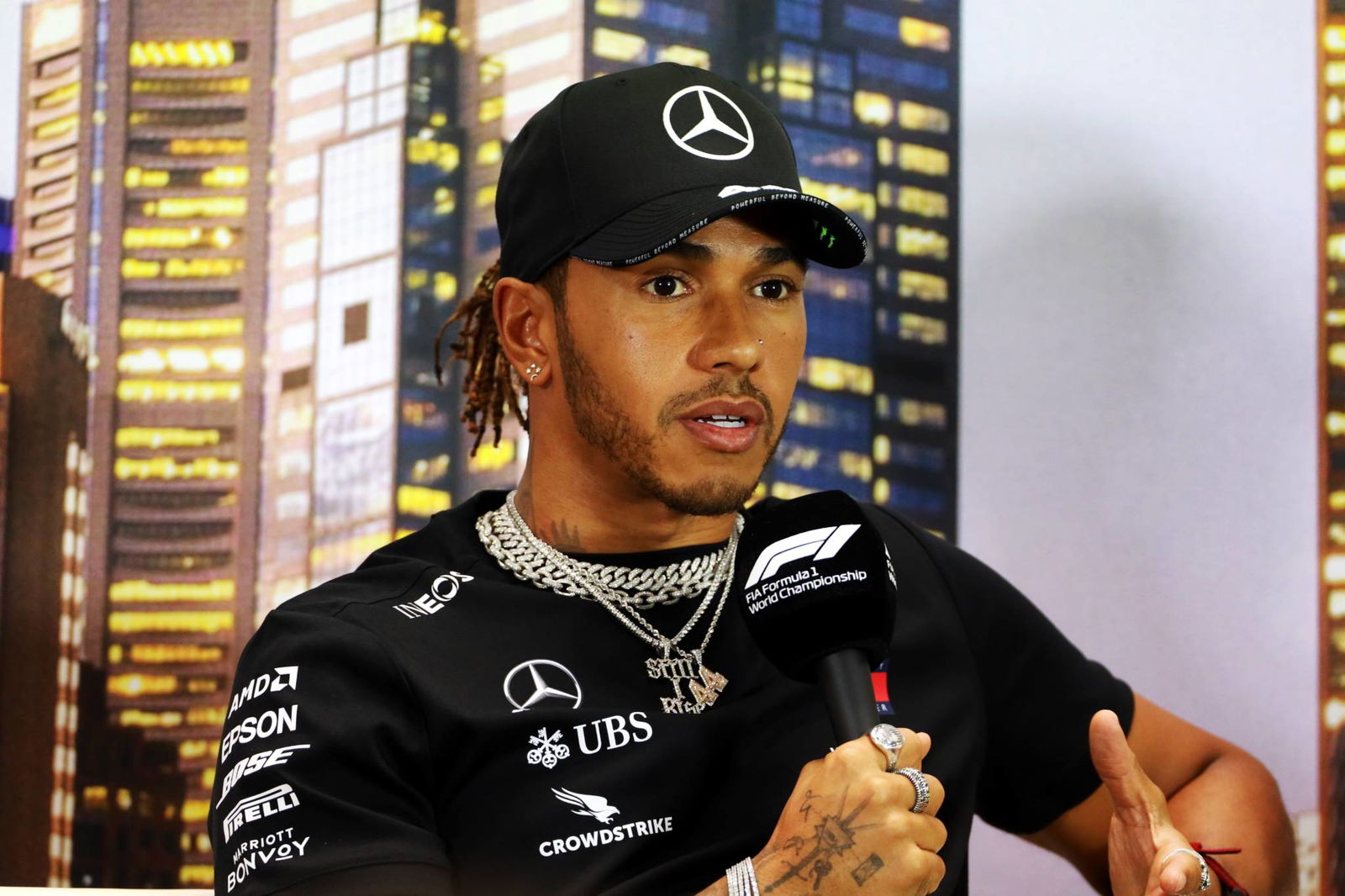Brawn on Australian GP cancellation: I think we did a pretty good job
Formula 1 motorsports boss Ross Brawn believes the handling of the Australian Grand Prix cancellation amid the coronavirus outbreak was “a pretty good job of reaching the right conclusion”.
The 2020 F1 opening round was thrown into jeopardy on Thursday when a McLaren team member tested positive for COVID-19 which triggered the withdrawal of the Woking team from the Australian GP.

Formula 1 motorsports boss Ross Brawn believes the handling of the Australian Grand Prix cancellation amid the coronavirus outbreak was “a pretty good job of reaching the right conclusion”.
The 2020 F1 opening round was thrown into jeopardy on Thursday when a McLaren team member tested positive for COVID-19 which triggered the withdrawal of the Woking team from the Australian GP.
12 hours after McLaren’s withdrawal with the coronavirus reaching the F1 paddock, Australian GP promoters in conjunction with the sport’s management and the FIA announced the cancellation of the race – just two hours before the scheduled start time of the first practice session.
F1 boss Brawn has provided detail behind the crunch talks held overnight which caused the delay between McLaren’s withdrawal and the official cancellation of the race. F1’s organisers held meetings with all teams, medical authorities, the FIA and Australian GP promoters to come to the conclusion expected instantly amid the coronavirus outbreak.
No official information was provided for 12 hours after McLaren’s withdrawal, while thousands of fans queued outside the Albert Park gates on Friday morning before being told the race was off.
“I think we did a pretty good job of reaching the right conclusion with so many parties and so many stakeholders involved,” Brawn said.
“We are talking to the FIA in Europe and on European time, we had to get hold of Jean Todt, we had to get a hold of Chase [Carey] who unfortunately was in the air flying between Vietnam to here, so it was a pretty stressful period. Considering we dealt with everything in 12 hours on something so important, it was good.”
FIA President Todt was at the Hainaut Business Club in Valenciennes in Northern France amid the crisis, while F1 CEO and Chairman Chase Carey was flying from talks with Vietnamese GP officials about its coronavirus preparations to Melbourne for the opening race.
Last week the FIA announced a Crisis Cell had been setup to assess the coronavirus situation every two days with regards to its sanctioned motorsport series, but Brawn has reasoned the rapidly-developing situation made it impossible to pre-emptively call off the Australian GP before the F1 paddock arrived in Melbourne.
“We had mapped out with the health authorities what would happen if we had one case, five cases, 10 cases. But what you never know is the associated those people have with those around them,” he explained.
“Having one case with 14 people having to go into isolation that effectively knocked that team out of operation and that is something you don’t know. That one case could have been someone with a different profile or different responsibility and it wouldn’t have impacted a team so much.
“There are certain things you could spend for predicting but you just don’t know what is going to happen. But certainly the procedures if we had a case or batch of cases worked very well.
“In reality we found the case. We found the person who was positive in the paddock. I think that is a credit to the authorities here, they were identified and they were tested. The procedures worked but then we had to make a decision.”
Brawn also accepts the economic impact of cancelling races took a major role in discussions about the Australian GP, while he also anticipates a knock on impact to the rest of the F1 race calendar.
Reports have suggested the start of the 2020 F1 season could be delayed until June, meaning the postponement of the Bahrain, Vietnamese, Dutch, Spanish and Monaco rounds.
“The teams survive on their funding from racing so this will have an impact on team budgets for the future and it will have an impact on our economics as a company,” he said. “Each race you lose has an impact.
“There is quite a strong resilience in Formula 1, we are used to a fair degree of cutting our costs to suit, so there is resilience in the sport and we have plans to rebuild the season, try to accommodate as many of the lost races as possible.
“I think people have to show some tolerance in terms of how we build the season for the rest of the year. The teams are in the right place to realise that is necessary.”
Currently, F1 is set to head to the Bahrain Grand Prix next weekend to try to start the 2020 season but there are already huge doubts over that race taking place.

